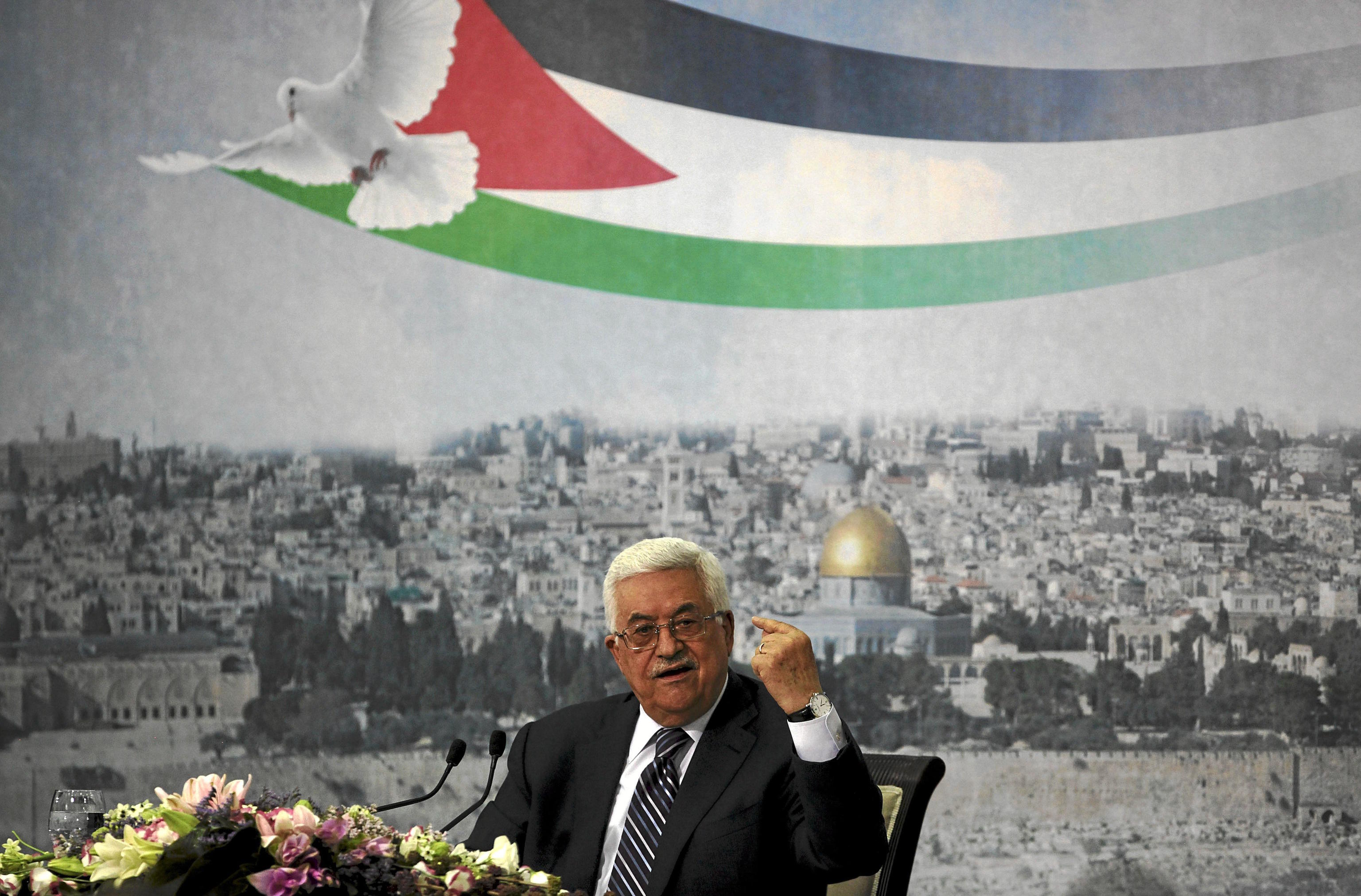"There can be no peace without justice, and there can be no justice if Palestine is not free (...) We want a modern, free state, without weapons, that invests in people, not in wars. The time has come for the international community to do the right thing and uphold the right to not be under occupation, to end oppression. We will continue with legal, peaceful, and diplomatic struggle (...) No matter how much our wounds bleed or how long the suffering lasts; they will not break our will to live and survive. The dawn of freedom will arise, and the flag of Palestine will wave in our skies as a symbol of dignity, steadfastness, and liberation. We will not abandon our homeland. We will not abandon our lands (...) Palestine belongs to us, Jerusalem is the jewel of our hearts. We will not leave our land, our people are rooted. We will rise from the rubble".
This powerful message, received with a huge ovation, has been the core of the intervention that the President of the Palestinian Authority, Abu Mazen, delivered this Thursday, once again via video conference, to the United Nations General Assembly. Emphasizing his "rejection" and condemnation of the Hamas massacre on October 7th because "this does not represent" his people and calling for the release of hostages "on both sides," Mazen stated that they are "ready to assume full responsibility for governance and security" in the Gaza Strip, and added that "Hamas will have no role to play in governance" and will have to hand over their weapons to Palestinian authorities when Israel ends the war and destruction.
"For almost two years, the population in the Gaza Strip has been facing a war of genocide, destruction, starvation, and displacement perpetrated by the occupying forces of Israel, which have caused more than 200,000 injuries, mainly women, children, and elderly people. Thousands of people have been displaced, the entry of supplies and food is prevented, and two million people are on the brink of starvation. They have besieged a people and destroyed over 80% of homes, schools, hospitals, churches, mosques, all facilities, and infrastructure. What Israel is doing cannot be characterized as mere aggression, but rather as a war crime, a crime against humanity, which has been documented and recorded and will be etched in the common conscience and history, and will be remembered as one of the most tragic chapters of the 21st century," he began in his speech.
Throughout 20 minutes, Mazen, resolute, thanked world leaders who have defended Palestinians in recent months, and especially the dozens of countries that have recognized the State of Palestine in the last few days, stating that "this noble stance" has brought hope and faith to his people and brought the conflict closer to an end. At the same time, however, he warned that recognition, no matter how important and symbolic, is not enough, and reminded that the UN itself "has passed more than 1,000 resolutions that have never been implemented." Therefore, he insisted, "the time has come for the international community to act correctly for the Palestinian people, so that they can obtain their rights, their legitimate rights to free themselves from occupation and not continue to be held hostage to the whims of Israeli politics, which denies our rights and continues with its injustice, oppression, and aggression (...) It is imperative to end the war, to provide humanitarian aid, and to stop using hunger as a weapon of war".
The Palestinian National Authority perceives that, for the first time in a long time, the winds are changing, and not only public opinion, but governments around the world, are aligning with some of their main and historical demands. They do not know how to remove Hamas from power in Gaza or how to maintain control and security amidst factions and constant Israeli pressure, which controls the roads, access points, and now threatens retaliation against the West Bank, starting by further closing communication routes. But they do know that they are in a unique moment and must play their political cards wisely.
His two interventions this week from Ramallah, after the United States denied visas to the Palestinian delegation, have come before the arrival of Benjamin Netanyahu in New York. The Israeli Prime Minister will address the General Assembly tomorrow, after dozens of interventions condemning the actions of his government and army, with little to no support. Even Donald Trump passed quickly, attacking Hamas but not dwelling too much on the Middle East. There are also protests planned in the city streets.
